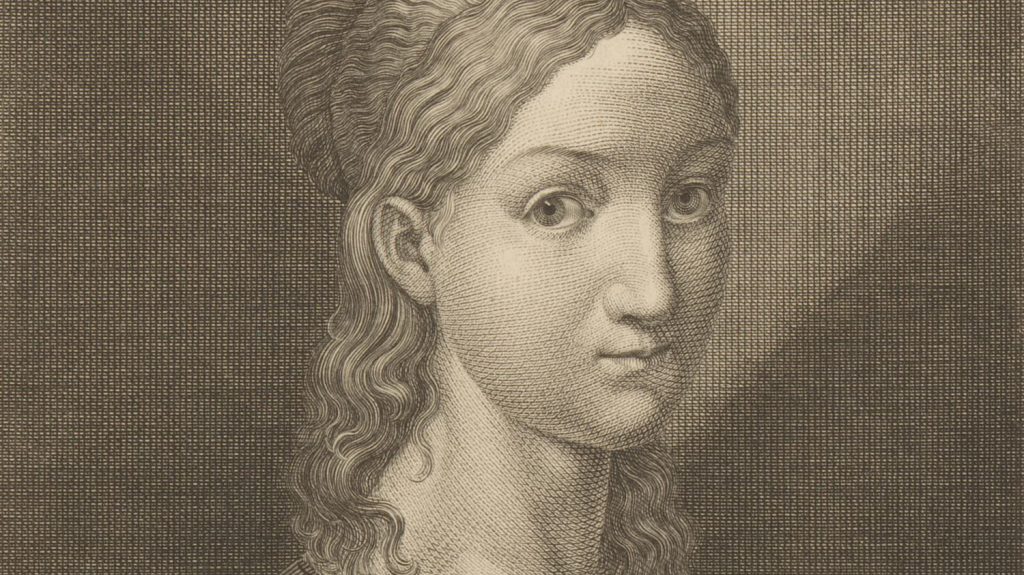Katharina von Bora (above), whose husband was the reformer Martin Luther, died today in 1552 in Torgau, Saxony. She and Luther, who died six years before her, had been genuine partners in the Reformation, with Katharina running their large household of children and theological students, as well as managing a farm, brewery and hospital. Three months before she died, Katharina left Wittenberg for Torgau to escape an outbreak of black plague, but was thrown from her cart into a ditch outside the city gates. When she eventually died from her injuries, she left behind her last words: ‘I will stick to Christ as a burr to cloth.’
On this day in 1046, the Holy Roman Emperor Henry III deposed three popes in one day. The first, Pope Benedict IX, became pope at the age of about 20 through bribery, led a scandalous life, and after 12 years was run out of Rome. Sylvester III was elected in his place, but after a few weeks, Benedict came back, expelled Sylvester, and resumed his papacy. The next month, though, he decided to get married, so gave up the papacy, leaving it to his godfather, who became Gregory VI. But his marriage plans fell through, and soon all three would-be popes were squabbling over which of them was the rightful heir of St Peter. That’s when the Holy Roman Emperor was called in to sort out this papal soap opera. He got rid of all three of them and installed the reforming Pope Leo IX in their place.
It’s a Wonderful Life, the Christmas movie starring James Stewart, premiered at the Globe Theatre in New York today in 1946. Stewart plays George Bailey, a decent man who tries to commit suicide on Christmas Eve because his world is falling apart. He encounters Clarence Odbody, Angel 2nd class, who is tasked with saving George so that he can earn his wings. ‘It’s a Wonderful Life’ is regarded as one of the most inspirational American films ever made.
‘Dear Father in heaven, I’m not a praying man, but if you’re up there and you can hear me, show me the way… show me the way.’ George in ‘It’s a Wonderful Life’
Edwin Abbott Abbott, the English theologian whose best known work is the satirical short novel, Flatland, was born in London today in 1838. The novel, published in 1884, is set in the two dimensional (2D) world of Flatland and narrated by one of the inhabitants, a square. The square encounters a 1D world called Lineland, and a 3D world called Spaceland, where he discovers the difficulties of explaining the different worlds to those who don’t live in them. Flatland languished in obscurity until Albert Einstein’s work on general relativity made it look prescient. Since the 1960s, Abbott’s novel has inspired several movies and science fiction books.
Pope Pius XI issued the encyclical Ad Catholici sacerdotii (‘To the summit of Catholic priesthood’) today in 1935, offering an exalted view of what it means to be a priest. ‘Most sublime, then, Venerable Brethren, is the dignity of the priesthood. Even the falling away of the few unworthy in the priesthood, however deplorable and distressing it may be, cannot dim the splendour of so lofty a dignity.’ Discuss.
Image: Rijksmuseum / CC0 1.0
